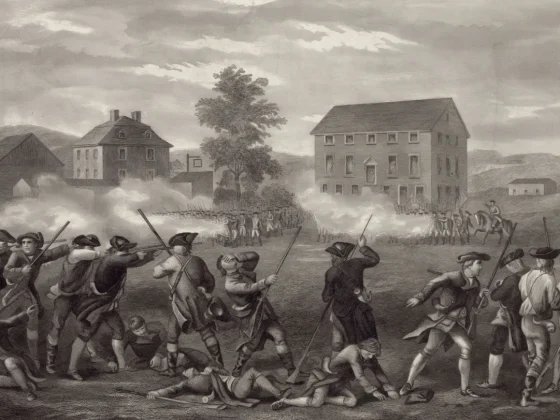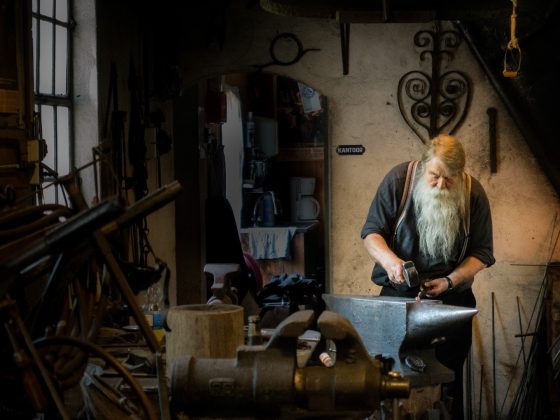Today, we commemorate the life and achievements of Helen Keller, a woman who defied the odds to become one of the most influential figures of the 20th century. Despite losing both her sight and hearing at the age of 19 months due to illness, she blazed a trail that illuminated the path for millions around the world. Helen Keller’s life stands as a testament to the indomitable human spirit and serves as an enduring beacon of hope and perseverance.
Helen’s early life was defined by silence and darkness until she met Anne Sullivan, the miracle worker who would become her lifelong friend and tutor. Through Sullivan’s innovative and patient instruction, Keller learned to communicate, a feat considered near-impossible at the time. This marked the dawn of a new era in Keller’s life – one filled with discovery, achievement, and tireless advocacy.
Armed with an insatiable appetite for knowledge, Keller attended Radcliffe College, becoming the first deaf-blind person to earn a Bachelor of Arts degree. However, her achievements didn’t stop at academia. Keller used her newfound platform to become a stalwart advocate for people with disabilities, fighting for their rights, dignity, and place in society.
Helen Keller represented a voice that refused to be silenced, a spirit that refused to be crushed, and a will that resisted the confines of physical limitations. Her advocacy work extended beyond the borders of the United States, making her an international figure who championed the cause of equality and inclusivity.
Her efforts led to significant progress in the fields of education and accessibility for the disabled. She co-founded the American Civil Liberties Union (ACLU), campaigned for the welfare of blind people, and was instrumental in the foundation of the Helen Keller International organization, a global health organization that works to combat the causes and consequences of blindness and malnutrition.
Despite facing what many would consider insurmountable obstacles, Helen Keller chose to see the world not for its darkness, but for its potential light. She once famously said, “The only thing worse than being blind is having sight but no vision.” Helen Keller indeed had a vision – a vision of a world in which disability did not equate to inability, a world that embraced all its members with open arms and equal opportunities.
Today, we remember Helen Keller not just for her remarkable achievements in the face of adversity, but for what she symbolizes – resilience, courage, and the boundless potential of the human spirit. Her legacy continues to inspire millions across the globe, reminding us all that even in the face of immense challenges, the strength of the human spirit can triumph.
In our ever-evolving world, let’s carry forward the light of Helen Keller’s legacy, advocating for inclusivity, resilience, and the indomitable strength of the human spirit that she embodied. Let’s ensure that her mission continues, her work moves forward, and her spirit endures. After all, as she so eloquently put it, “Alone we can do so little; together we can do so much.”












